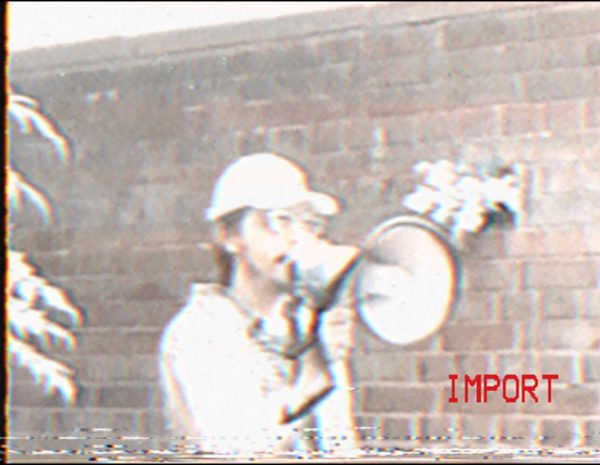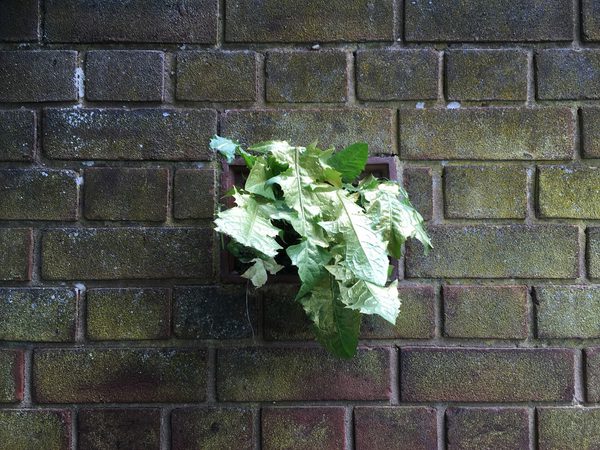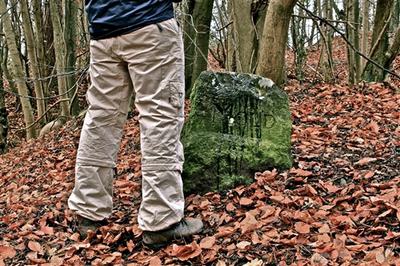WEEDS
By
Paul R Jones
2019
Dimensions
3 mins 30 secs approx
“Organisms ‘in the wrong place’ are a familiar challenge to the modern world. Being so, all kinds move for one culture to another, creating problems of adjustment on both sides, and sometimes new opportunities, too. Weeds are part of this great company of outsiders, who appear where they are not always welcome. It would be wrong to make glib comparisons between our attitudes towards displaced plant and displaced humans, or to assume, for instance, that an entirely justified concern about invasive plants stems from a kind of botanical xenophobia. Weeds cause trouble in a quite objective sense, and our reactions to and treatment of the are often entirely rational. However, the shape of our cultural response to them is familiar. The archetypal weed is the strutted intruder. It takes up space and resources that by rights belong to the indigenous inhabitants. Its vulgarity makes it the vegetable equivalent of ‘the great unwashed’. Its frequently alienates and almost always alien ways tests the limits of our tolerance. Do we show forbearance and try to accommodate it? or strive to stop it migrating from its original wild home into our cultivated enclave? The familiar conundrums of multiculturalism echo in weed ecology, too.” (Maby, 2010)
Mabey, R. (2010). Weeds: How vagabond plants gatecrashed civilisation and changed the way we think about nature, Profile Books, London
Paul R Jones
Julie Griffiths, Alec Shepley, Kevin Tanter [EDIT BY Paul R Jones]
Helping Artists Keep Going
Axis is an artist-led charity supporting contemporary visual artists with resources, connection, and visibility.





